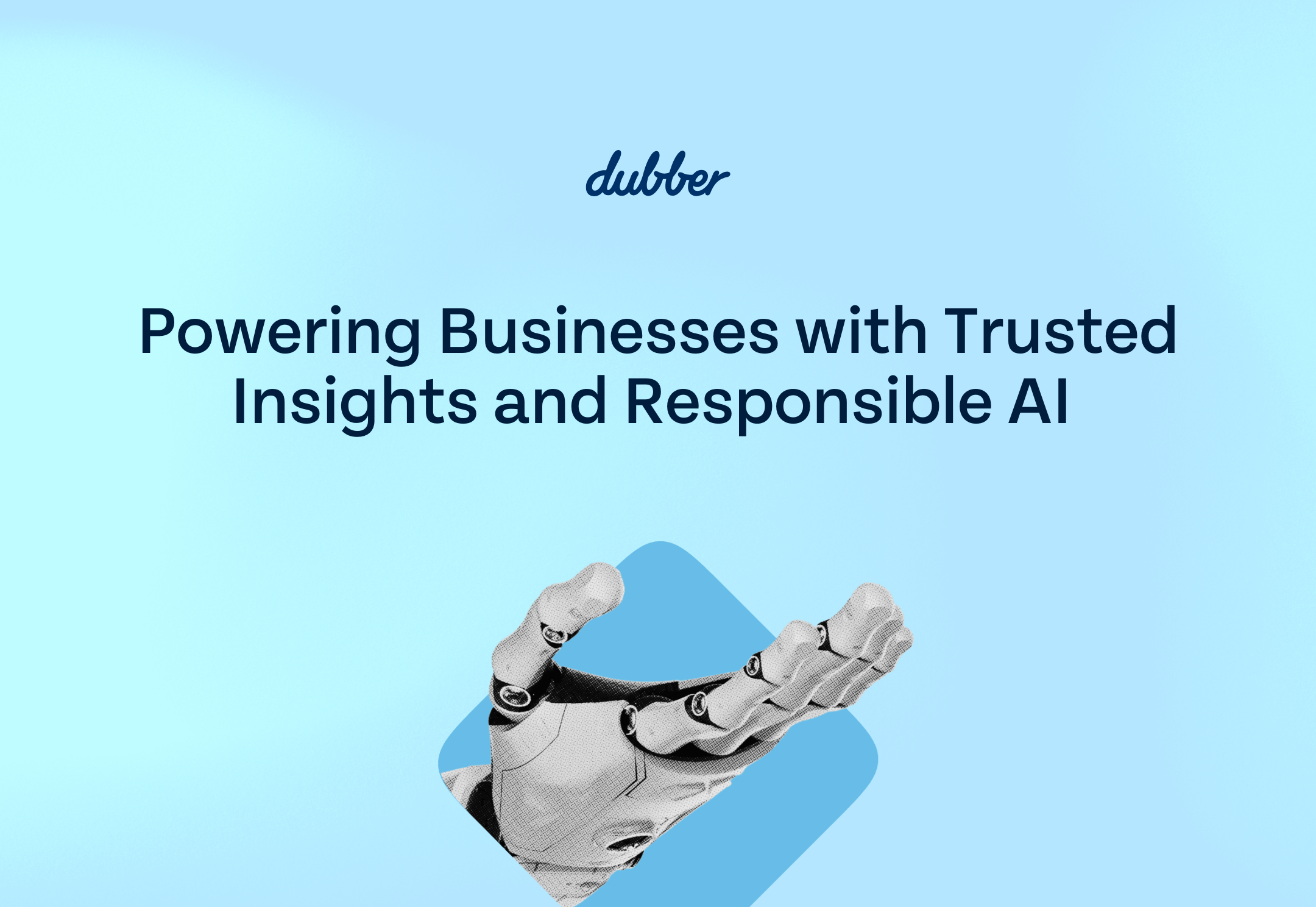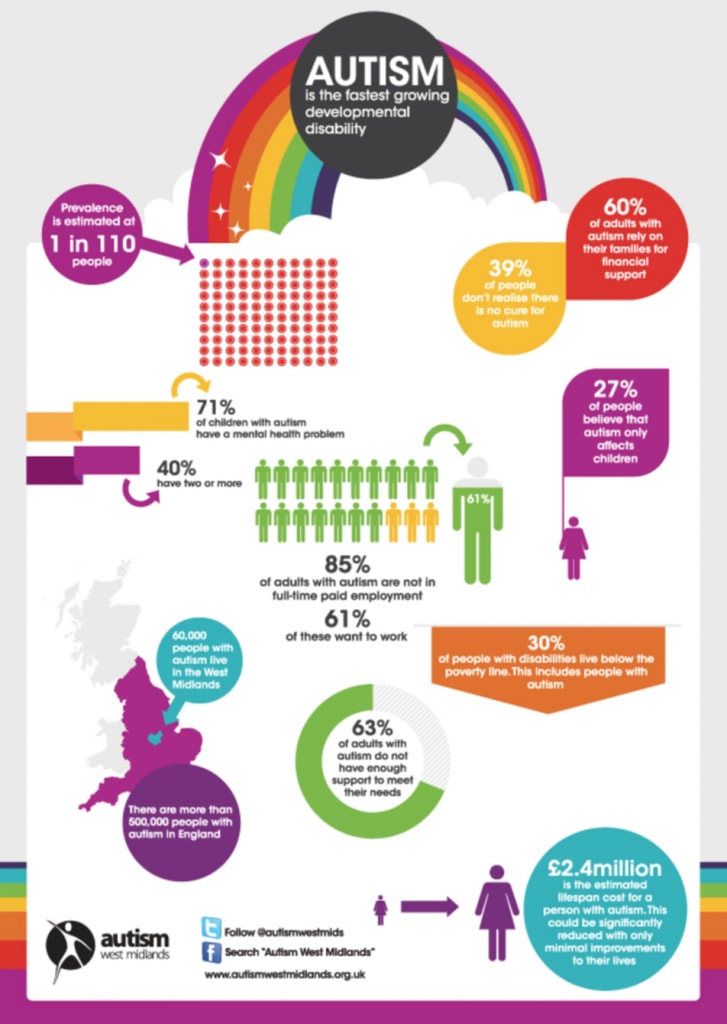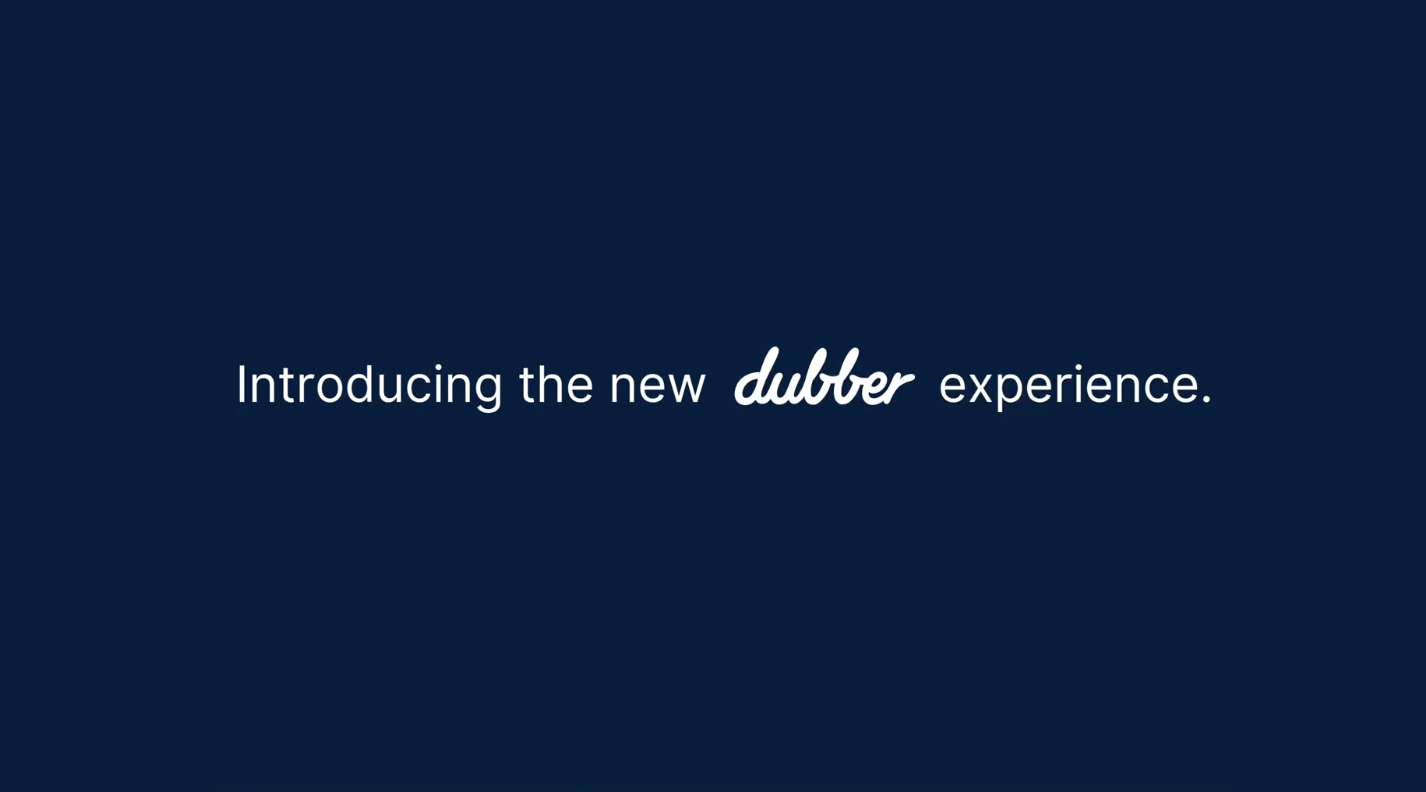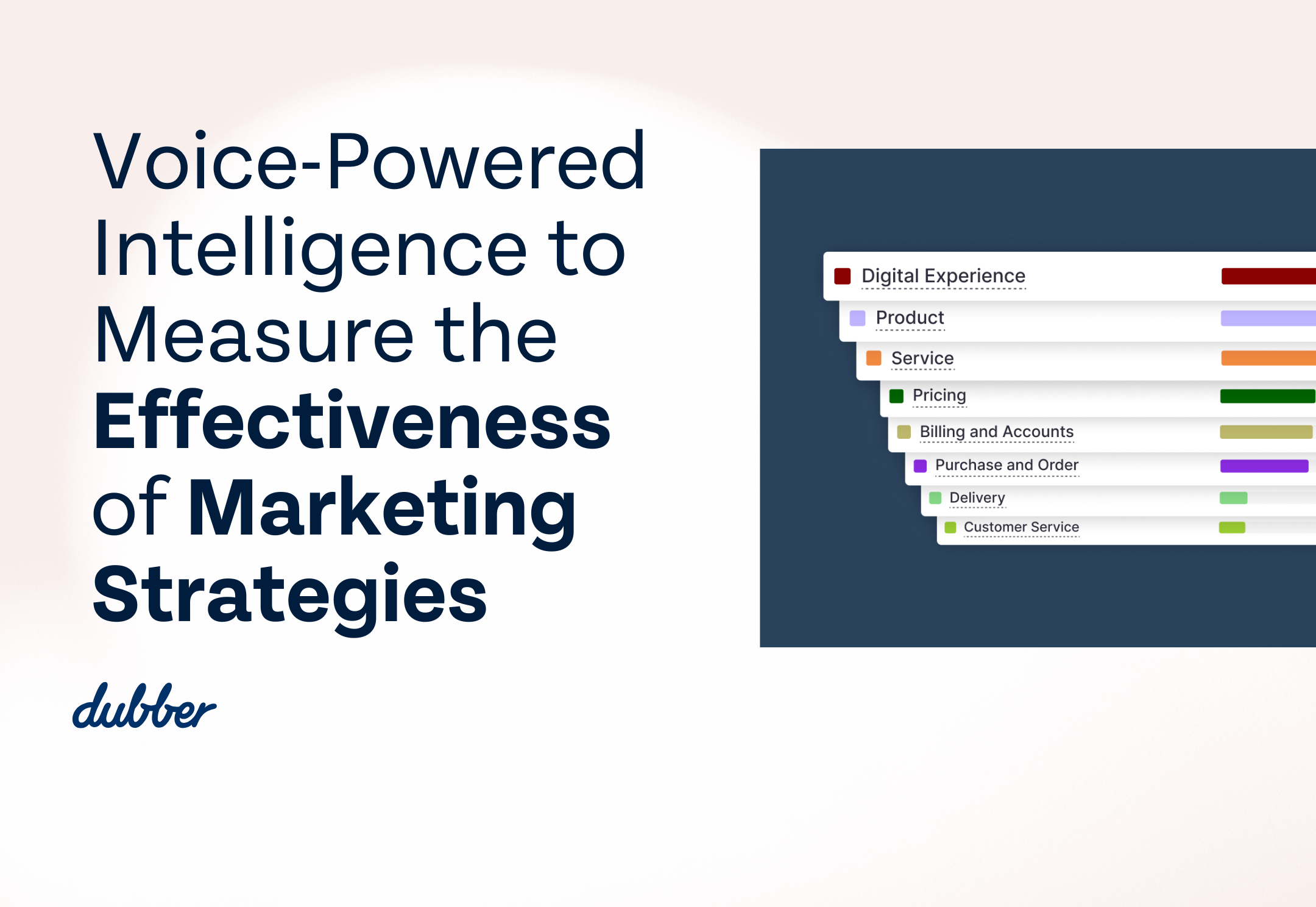

Big Data Part 3: Big Voice – a Case Study on Tackling Autism
This post is part of a series on Big Data and Big Voice:
- Big Data – What is it?
- How Big Data will Change Contact Centres Forever
- Big Voice – a Case Study on Tackling Autism
The power of Big Data, specifically in contact centres, has been examined in the previous posts in this series. This post focuses on the potential of Big Voice – the result of managing Big Data through voice analytics and Unified Communications solutions. Big Voice can use intelligent diagnostic solutions to effectively manage Big Data and increase the value of business communications for all companies.
Big Voice is a new and largely unexplored territory of data which, if utilised by businesses, can enable them to provide a new range of services and increase their appeal to customers. Amazon Echo and other rival products are among the first glimpses into the potential of Big Voice that has been integrated into everyday life. Amazon Echo is a voice assistant and speaker system that was highly successful in the US and has only recently become successful in the UK, after a 2 year process of analysing and integrating the British accent into the solution. The business value of Big Voice is extensive, and yet it currently remains largely untapped. One of the many capabilities of Big Voice is an ability to analyse the sentiment of a speaker, which can be used by companies to provide assistance in employing adults with certain disabilities, specifically autism.
According to the National Autistic Society, there are around 700,000 people with autism in the UK alone and shockingly, around 85% of these are unemployed. Employing people with autism is obviously important for their well being, but is actually also beneficial to a company; adults with autism commonly make excellent employees, and a national survey of consumer attitudes found that 87% of Americans would prefer to give their business to a company that hires adults with disabilities. Additional surveys have found that employees with disabilities have excellent attendance records, and are just as productive as their peers.
“The idea that people who formally have a disability can produce and sometimes even outperform non-disabled people in the workspace is quite a disruptive thought for employers,”
– Thorkil Sonne, founder of Specialisterne
Infographic from graphs.net
However, autistic men and women often struggle to find employment and when they do find a role they often struggle with the social aspect of working in an office. The key difficulties that employers often find with autistic employees are social communication and interaction, lack of understanding from peers, and sensory issues. Employers must bare these in mind, but advances in Big Data are providing an increasing number of innovative solutions to tackle these difficulties.
Thomas Madar is an example. When employed in a role, he struggled with the social aspects of a working environment, and was often dismissed as having poor communication. When searching for employment, he struggled in interviews and found it difficult to convey himself as a likeable person who could fit perfectly into a team. Eventually he found Specialisterne, a company who specialise in helping those with autism to find a job by matching them to a role where skills such as attention to detail, that are characteristic of the autism spectrum, are valued. Through them, Thomas Madar found a role that suited him.
Specialisterne’s solution helps individuals to secure a suitable job, however it does not take any steps to make the actual employment easier for either the employee or the employer. This is where Big Data, voice analytics and UC solutions come in: Big Voice. Utilising Big Voice, voice analytics solutions can monitor the stress levels and emotions of an autistic employee by deducing their mood. This is done by analysing the speed of speech, tone of voice, vocabulary and more, in phone communications.
With the advances in voice analytics and intelligence solutions, the content of calls are becoming an increasingly valuable business asset. Now solutions can analyse not just what was said but how it was said. When combined with UC solutions, the emotions of autistic employees can be potentially monitored by an AI and the analysis can be saved and shared with employers, all through a single business communication solution. Autistic employees would be able to work from home, or in any environment they are comfortable in, and still take part in conferences and meetings via VoIP calls. Analysis of their emotions could be conducted during the conferences, and if at any point analysis indicates that the employee is becoming stressed, the employer can be notified and deal with the situation accordingly.
Dubber’s Sentiment is an innovative voice intelligence solution that is able to analyse mood through a long list of metrics. Sentiment operates like a Shazam for human emotions, and could therefore be used to aid employers with managing autism, by monitoring emotional responses it will hypothetically be able to ensure that the employees are happy and comfortable in their business communications at all times. This intelligent analysis would be offered as part of a UC and call recording package, streamlining business communications, Big Voice and call recording into one single solution, ultimately opening up a myriad of applications and benefits for employers. Dubber’s Sentiment could potentially assist individuals with autism in finding and striving in their employment, which increases their quality of life and ensures they are given similar opportunities to everyone else.



